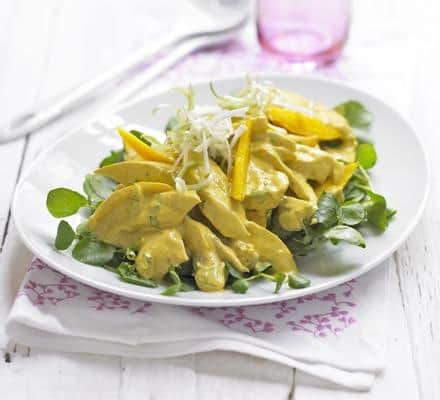Farmers would love to regain the respect they had back in 1953
and live on Freeview channel 276
Ukraine is costly financially and politically, but Brussels has held its line and kept its nerve. It has managed to keep all member states singing off the same hymn sheet and at a recent agriculture council the farm commissioner, Janusz Wojiechowski, made clear that gains mean accepting some pain for farmers in the member states that border Ukraine.
Wojiechowski is Polish, but his targets for criticism included his home country along with Hungary, Romania, Bulgaria and Slovakia. In a closed session at the meeting the message to these countries was that if they were seeking to apportion blame it should be placed squarely at the door of Russia.The issue for these countries is that Ukraine is a still powerful and efficient farming country despite the war, and has preferential access to the EU. This gives it close to member state status. It uses so-called freedom corridors to access the land border with the EU. This has helped get around the blockade of Black Sea ports by Russia, which it lifts only on a temporary basis and is part of its plan to use food as a weapon in the conflict. This has seen a surge in exports to countries close to Ukraine, with an inevitable impact on prices.
Advertisement
Advertisement
In the closed session the message from the European Commission was that you donot close a door on a neighbour and that sacrifices are necessary to block Russia from succeeding in its efforts to annex regions of Ukraine. Those criticising Ukrainian grain were also reminded the EU needs to import grain and that Ukraine is on track to eventually become an EU member state.This tough stance by Wojiechowski was not an easy message for some countries already critical of the EU, but it confirms that Brussels is resolute with NATO that Russia cannot be allowed to succeed in Ukraine.This policy has cost the EU its easy access to Russian gas, spiked farm costs, forced it to dig deep to compensate farmers in countries affected by Ukranian access. But with this its first real foreign policy success it will not allow it to be blown off course by those seeking to blame Brussels rather than Moscow for the short term pain that is the price of defending all the EU's territory against a newly aggressive Russia.The news in the UK this week is focussed on the coronation and its historical significance.


In terms of food and the coronation quiche 'invented' to mark the event, it is hard to see this having the long lasting potential of coronation chicken back in 1953. At times of historical events thoughts turn to how things are now compared to when such an event last took place. When it comes to farming it is clearly a very different world in terms of productivity, pressures and markets – even if farmers continue to do now what they did seventy years ago.
They produce food and maintain the countryside. Where the difference lies today is the respect people, and in particular politicians, have for what they do. Farmers would be reluctant to give up modern technology, but they would love to have again the respect the industry enjoyed in 1953.Back then farmers had literally 'dug for victory' a few years before, helping the country survive efforts to isolate its food supply. In the early 1950s they had a green light for productivity and that stayed lit right up to the 1990s. It is hard to work out what triggered the changes to the situation the industry is now in, where it has lost its influence with politicians and is being overwhelmed by green pressures. EU membership was a game-changer. It changed support structures, ended a system rooted in subsidising a cheap food policy and turned agriculture into a potent political issue. Beyond that BSE and growing concerns around biodiversity swung the balance against productivity inagriculture. Brexit should, as its advocates promised, have been good for farming, but the opposite has happened.
Farmers have lost influence in the face of a government ready to sell them out for cheap food and distant trade deals. That is not going to change and suddenly the hard work, but with respect, of 1953 begins to look appealing.